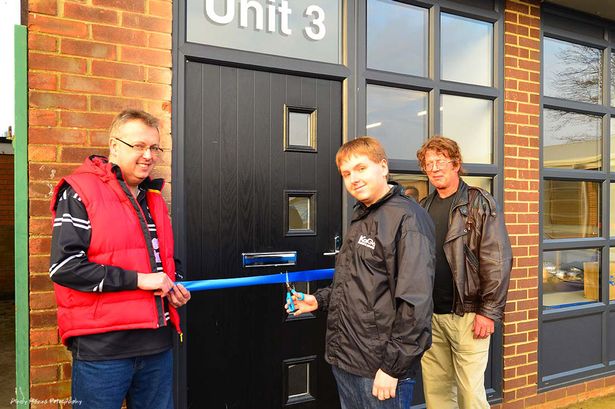Home
About Us
Page 2
The NIH is also encouraging the applicants to submit proposals that include studies involving cellular, structural and systems biology, host and viral genetics, immunology, or virology.
|
|
In addition, the applicants of this program are also advised to show how their proposed studies will inform the future investigation and design of therapeutic strategies for long term remission or complete eradication of persistent virus, as well as the achievement of a full cure for HIV infection and AIDS.
The organizations and institutions that will be allowed to submit an application under the Basic Research on HIV Persistence Program are the following:
a) Higher Education Institutions such as Public/State Controlled Institutions of Higher Education and Private Institutions of Higher Education
b) Hispanic-serving Institutions, Historically Black Colleges and Universities (HBCUs), Tribally Controlled Colleges and Universities (TCCUs), Alaska Native and Native Hawaiian Serving Institutions
c) Nonprofit organizations other than institutions of higher education
d) For-Profit Organizations such as Small Businesses
e) State Governments, County Governments, City or Township Governments, Special District Governments, Indian/Native American Tribal Governments (Federally Recognized), and Indian/Native American Tribal Governments (Other than Federally Recognized)
f) Independent School Districts, Public Housing Authorities/Indian Housing Authorities, Native American Tribal Organizations (other than Federally recognized tribal governments), Faith-based or Community-based Organizations, and Regional Organizations.
Basic Research on HIV Persistence Program
Back to Page 1
About The Author The TopGovernmentGrants Editorial Staff maintains one the most comprehensive Websites offering information on government grants and federal government programs. The staff also provides resources to other Websites with information on environmental grants and grants for youth programs. |
Additional Resources
category - Health Grants
American Schools and Hospitals Abroad Program
HRSA: Reducing Loss to Follow-up after Failure to Pass Newborn Hearing Screening
Zambia Economic Resilience Program for Improved Food Security
National Institutes of Health: Expanding the Encyclopedia of DNA Elements in Human and Model Organisms
Follow @topgovtgrant
Social Entrepreneurship
Spotlight
Hexham Social Enterprise Launches Workshop to Provide Training for the Unemployed

A Gilesgate-based shop and community facility, Hexham’s Core Music, launches a separate workshop where up to six people will be trained how to repair guitars and make ukuleles. The European Social Fund grant supported the project and has secured funds through the County Durham Communication Foundation to equip the workshop in Burn Lane.
